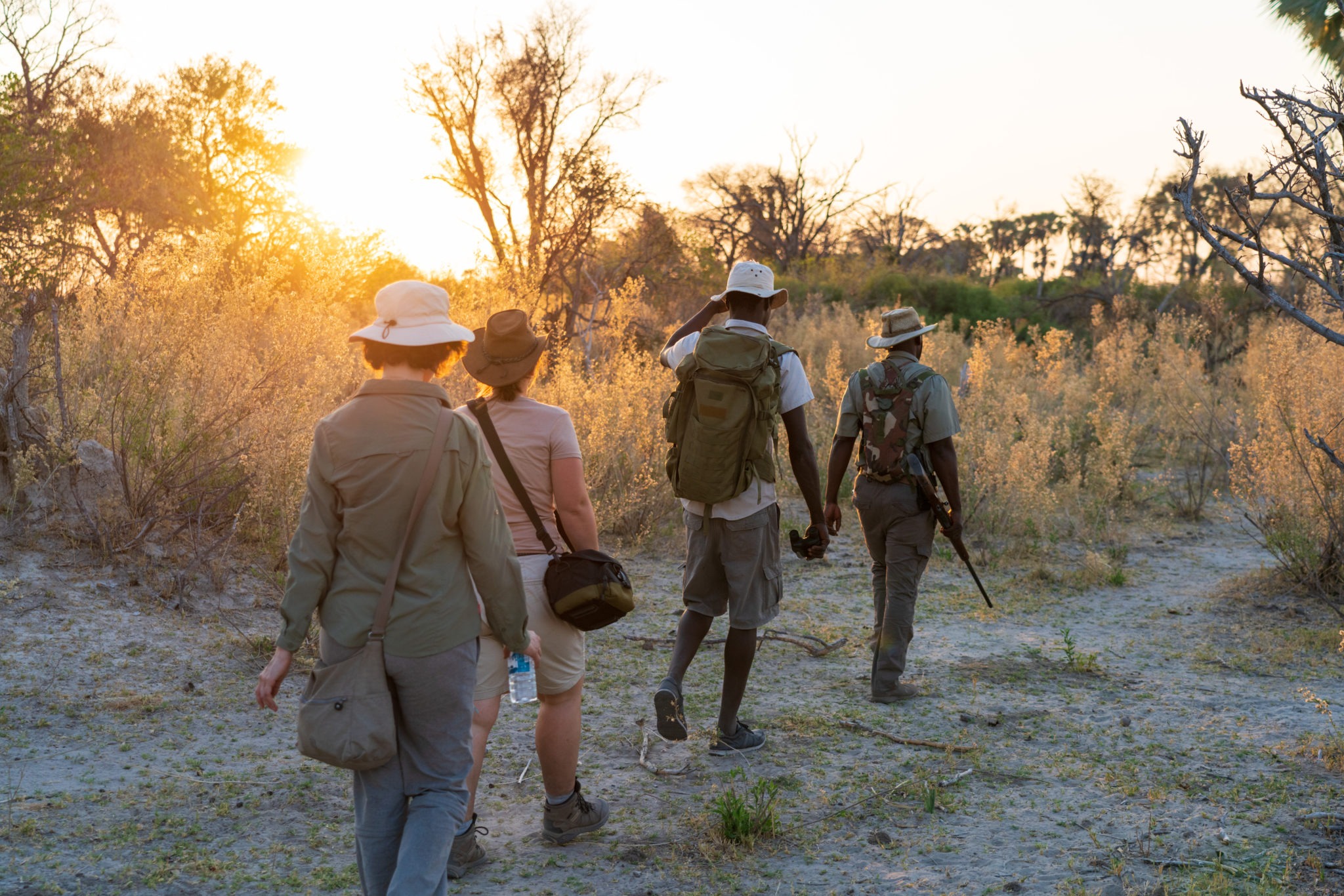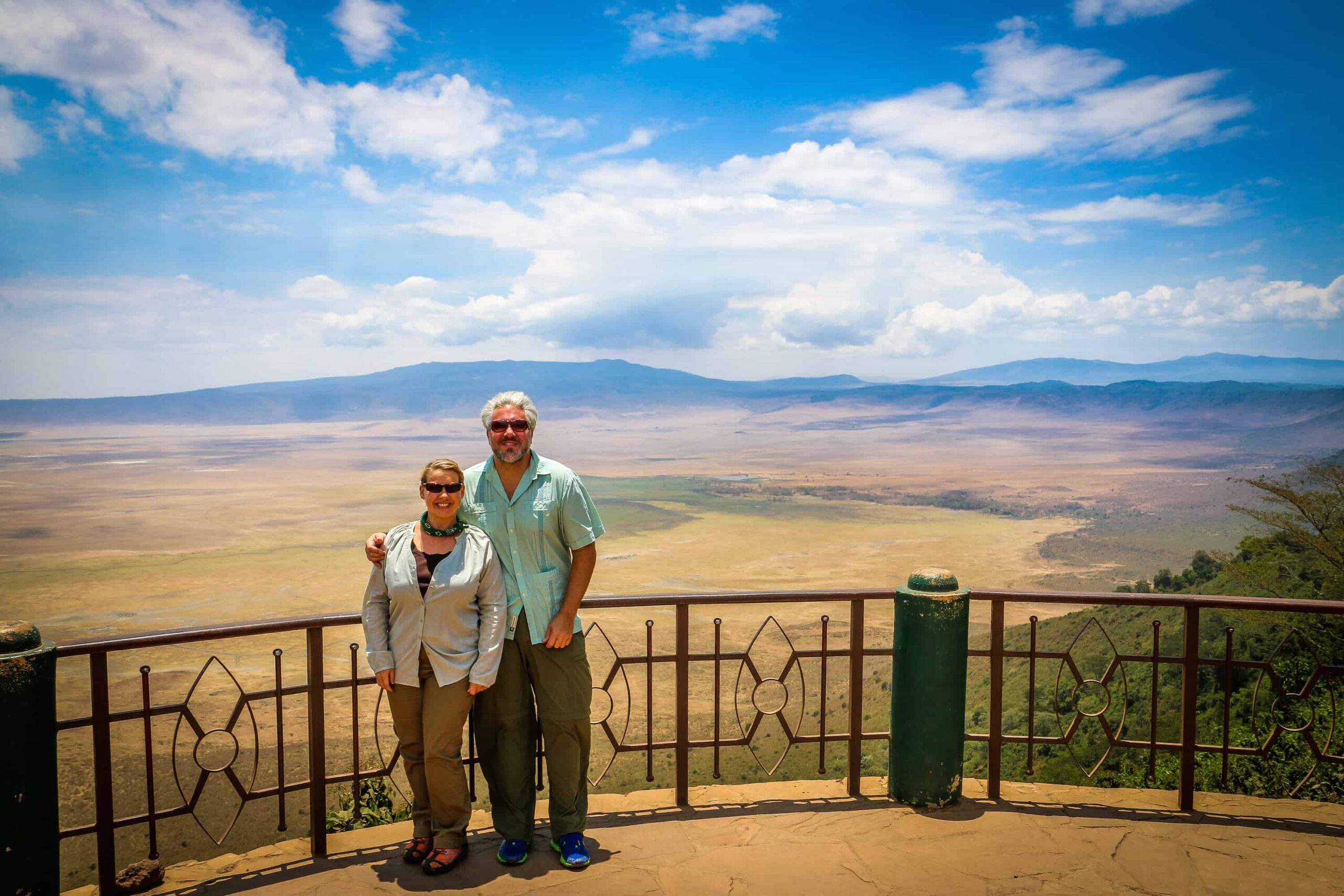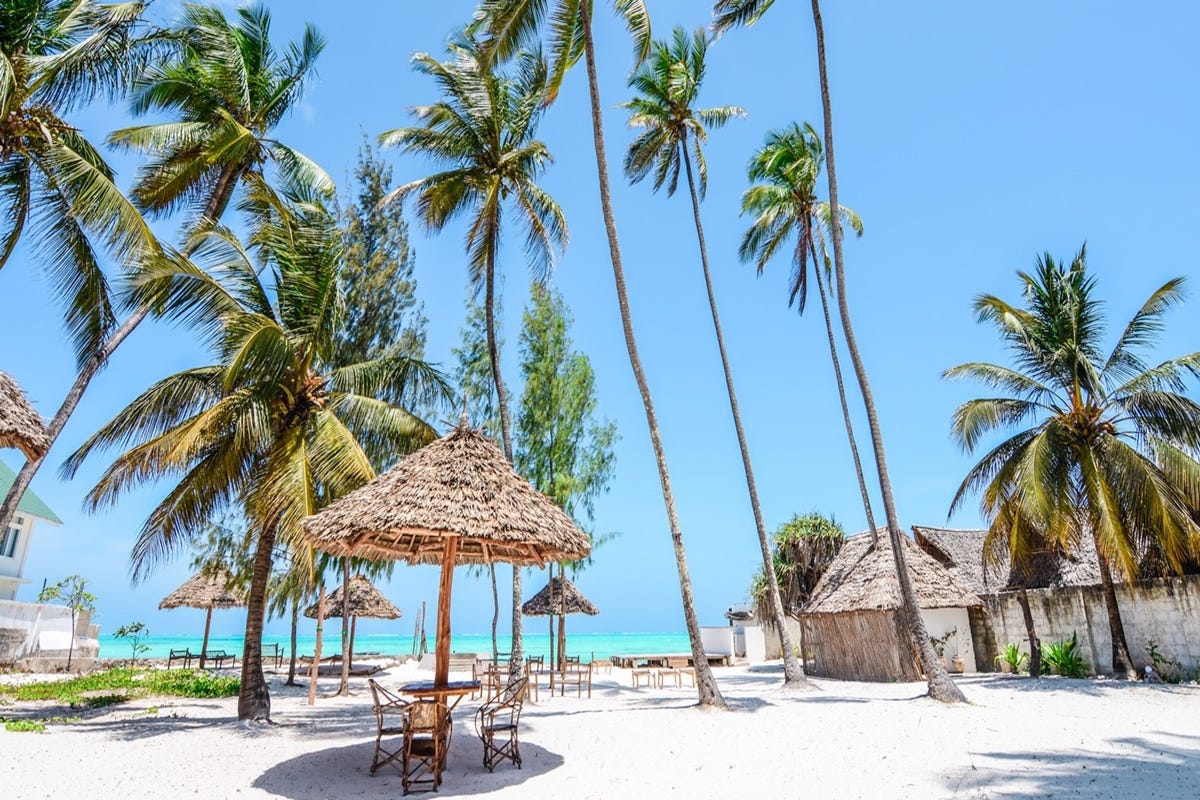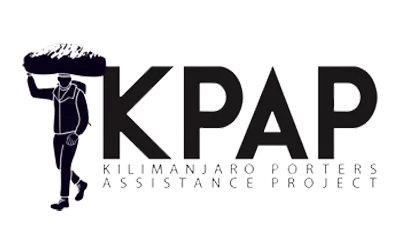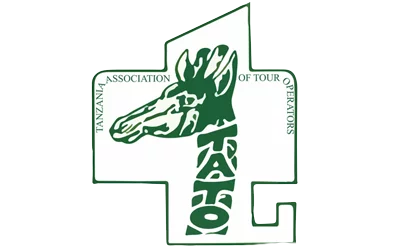Preparing to climb Mount Kilimanjaro requires careful planning to ensure your safety, comfort, and success on the trek. Below is a comprehensive packing list to help you gear up for this incredible adventure.
Clothing
Base Layers
Thermal Tops and Bottoms: Lightweight, moisture-wicking material.
Underwear: Comfortable, quick-drying.
Middle Layers
Fleece Jacket: Provides insulation.
Hiking Pants: Convertible or lightweight, quick-dry.
Long-Sleeve Shirt: For sun protection and layering.
Outer Layers
Down Jacket: Warm and compressible for cold summit nights.
Waterproof Jacket and Pants: For protection against rain and wind.
Head and Handwear
Warm Hat: Insulated to protect against cold temperatures.
Sun Hat: Wide-brimmed for UV protection.
Balaclava or Buff: For added warmth.
Gloves: Lightweight liners and insulated, waterproof outer gloves.
Footwear
Hiking Boots: Broken-in, waterproof, and with ankle support.
Camp Shoes: Lightweight and comfortable.
Socks: Wool or synthetic, 3-4 pairs for hiking and 2 pairs for sleeping.
Gaiters: To keep debris out of your boots.
Sleeping Gear
Sleeping Bag: Rated for -10°C (14°F) or colder.
Sleeping Bag Liner: For added warmth.
Inflatable Pillow: Optional but useful.
Equipment
Daypack (20-30L): For daily essentials like snacks, water, and extra layers.
Duffel Bag (80-100L): Carried by porters.
Trekking Poles: Adjustable and lightweight.
Headlamp: With extra batteries.
Water Bottles and Hydration Bladder: Total capacity of 3-4 liters.
Sunglasses: UV protection and polarized lenses.
Camera: Optional but memorable.
Personal Items
Passport and Required Permits
Cash: For tips and small purchases.
Toiletries: Biodegradable soap, toothbrush, toothpaste, and deodorant.
Sunscreen: High SPF.
Lip Balm: With SPF.
Wet Wipes: For hygiene when showers aren’t available.
Towel: Quick-dry.
Food and Snacks
High-Energy Snacks: Energy bars, nuts, dried fruit, and trail mix.
Electrolyte Tablets or Powder: For hydration.
Personal Preferences: Any food items you’d enjoy during breaks.
Medications and Health
First Aid Kit: Include band-aids, blister treatments, and pain relievers.
Prescription Medications: Bring enough for the entire trek.
Altitude Sickness Medications: Consult your doctor.
Water Purification Tablets or Filters
Miscellaneous
Notebook and Pen: For journaling.
Books or Games: For leisure in camp.
Ziplock Bags: For organizing and waterproofing items.
Trash Bag: For packing out waste.
Tips
Test Your Gear: Use all equipment before the trek to ensure comfort and functionality.
Layer Smartly: Use a layering system for varying temperatures and conditions.
Pack Light: Porters carry a maximum of 15 kg (33 lbs) per person.
By following this packing list, you’ll be well-prepared for an unforgettable Mount Kilimanjaro experience. Happy trekking!

